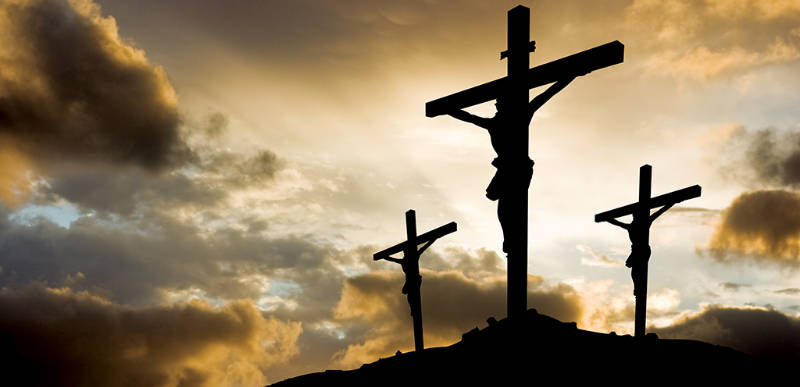In Matthew 16, Jesus tell us “If any man would come after me, let him deny himself and take up his cross and follow me.” To most of us this means self-sacrifice or dealing with hardships and trials that come our way. And this is true, self-denial or sacrifice is a big part of what Jesus means with this instruction. Commonly put, we must die to the world.
But I believe there’s another dimension of this instruction that’s crucial and yet, in this context, gets overlooked. When we read Matthew 25 we find two parables, one of the ten maidens awaiting the bridegroom and the other of three servants who were given talents to multiply while their master is on a journey. With respect to the ten maidens awaiting the bridegroom, Jesus tells us that five maidens were foolish and only brought the oil that was in their lamps but no other, whereas the others were wise and brought extra oil for their lamps. As the bridegroom was delayed, the five maidens with only oil in their lamps ran out and were forced to go out and get more oil. While they were gone, the bridegroom came and the five maidens who were wise went with the bridegroom and the door was shut. When the five foolish maidens returned and demanded entry, Jesus responded “Truly, I say to you, I do not know you.”
In the other parable, three servants were given talents, which belonged to the master, while he went on a journey. Two of the three servants went and traded their talents and doubled them. One had five which became ten, and the other had two, which became four. But the one servant, who had only been given one, went and buried it. When the master returned, the two servants who doubled their talents were rewarded. But the one who buried his out of fear of the master had his talent taken away, and the master said “cast the worthless servant into the outer darkness, where there will be weeping and gnashing of teeth.”
So what do these parables mean? At the end of Matthew 25, Jesus explains it to us in the context of his second coming. Put simply, Jesus said when He returns He will gather all of the nations and separate them based on their good works. To those who fed the hungry, clothed the naked, welcomed strangers, visited the sick and those in jail, Jesus rewarded with eternal life. To those who did not these things, Jesus said “Depart from me, you cursed, into the eternal fire prepared for the devil and his angels”. You see, the foolish virgins represented those without good works. And the parable of the talents was the same. The one servant who took the Master’s property and buried it also represented those without good works. These servants are cast into outer darkness.
So what is my point? James tells us clearly that faith without works is dead. To sum up his argument, James says “Religion that is pure and undefiled before God and the Father is this: to visit orphans and widows in their affliction, and to keep oneself unstained from the world.” Jesus himself said the greatest commandment is to love God with all your heart, soul and mind. And the second greatest commandment is to love your neighbor and yourself. Jesus said the entire law could be summed up in these two commandments.
My priest once said something that I’ve never forgotten. When we look at the cross, the vertical beam of wood, with the top pointing upward and the bottom downward, represents our devotion and communion with God. The horizontal beam, pointing outward on both ends, represents our love for others. And I think it fits perfectly here. When Jesus calls us to take up our cross, He isn’t just calling us to self-sacrifice and self-denial. He’s calling us to charity, to love our neighbors as we love ourselves, to care for the poor and vulnerable, to visit the orphans and widows in their affliction. The call of Jesus here is twofold. You can’t have true devotion to God without charity for others. You can’t have true faith in God without good works. The two go hand and hand and this is what Jesus means when he calls us to take up our crosses and follow Him. Because this is exactly what He did for us.

